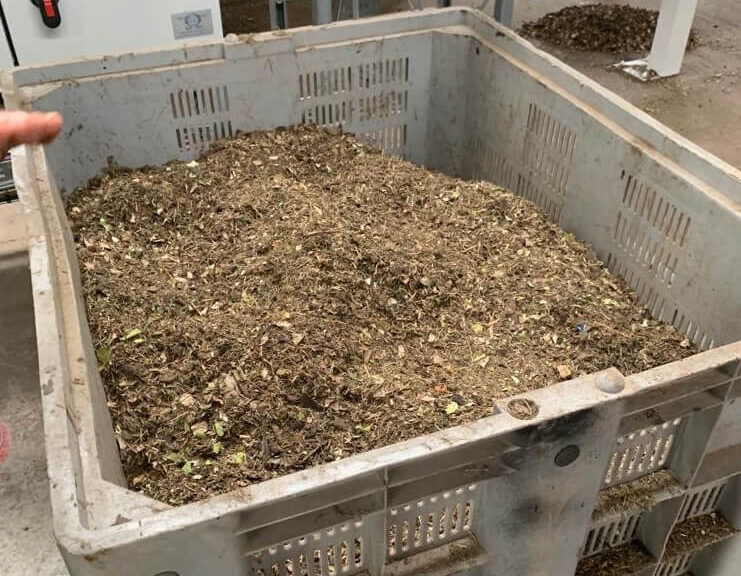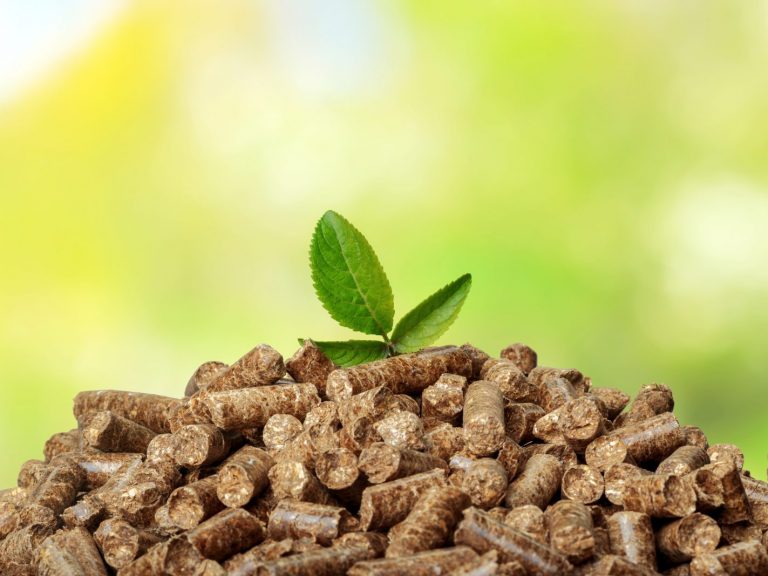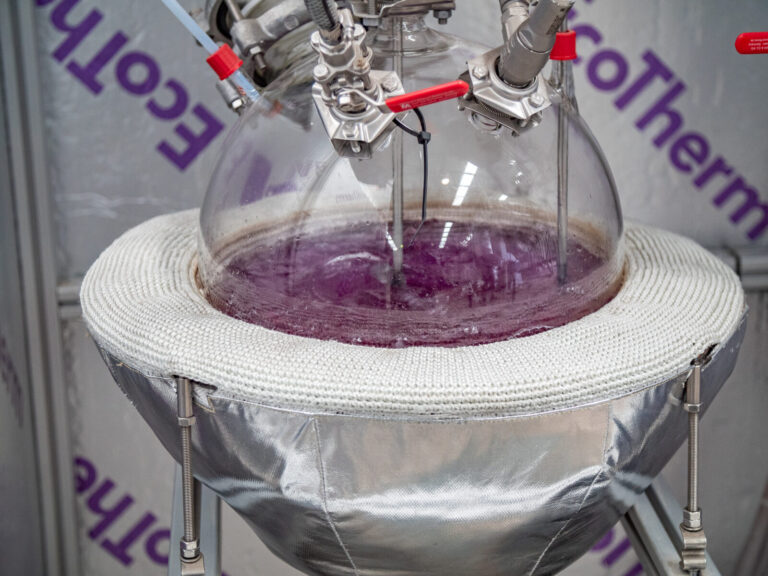
In VWP, feedstock resides for minimum one hour and minimum operating temperature is 150˚C. The combination of these eradicates all major pathogens, bacteria and prions identified by institutes around the World for regulation of commercial compost and soil improver.
Vantage Waste Processor homogenizes the entire waste into a uniform biomass. Heat, time and turbulence kick-starts the composting process and enables production of quality soil improver in a fraction of time the traditional Windrow composting takes. Up to 50% reduction in volume of waste is achieved and no residual waste is produced.
This biomass can be readily used as nutrient rich soil enhancer and acts as a substitute to the chemical fertilizer.
As VWP reduces the moisture content of waste and brings out a homogenous output, it is ideal for production of alternate fuels. Agricultural wastes such as paddy straw, cotton and mustard stalk, sugarcane bagasse etc also processed in VWP for this purpose.
The output bio-mass from VWP is further processed in requisite equipment for production of pellets and briquettes.
The resultant fuel (pellets or briquettes) can be used as replacement for coal and can be blended with coal and used as fuel in thermal power stations.
VWP produces pellets which are free of prions, impurities, has low ash and moisture content, long and consistent burning characteristics and GCV upto 1800KJ/kg


Production of alcohol and ethanol from organic waste involves a process of fermentation. Studies have proven that VWP treatment of organic and food waste is the optimum method to extract maximum amount of sugars.
Once organic waste passes through VWP process, cellulose materials which contain sugars are freed from lignin bond due to steam injection at high temperature for an hour. Pre-treatment in VWP enables effective extraction of sugars for maximum ethanol output.
Utilizing an enzyme hydrolysis pre-treatment, polysaccharide sugars are converted to monosaccharides, which easily interact with yeast in the fermentation process.
The alcohol produced from fermentation is further distilled to produce Bio-ethanol, suitable for blending with conventional transport fuels. It acts an effective alternate to the fossil based fuels and saves part of the huge import bill for oil and related products.
Wish to do more about treating waste in an environment friendly and cost-effective manner?
© WRM 2025 | Privacy Policy